中華人民共和國憲法修正案(2004)(中英文對照版)
中華人民共和國憲法修正案(2004)2,004年3月14日第十屆全國人民代表大會第二次會議通過
法律文本
中華人民共和國憲法修正案(2004)
Amendment to the Constitution of the People’s Republic of China
(2004年3月14日第十屆全國人民代表大會第二次會議通過)
(Adopted at the Second Session of the Tenth National People 's Congress on March 14, 2004)
第十八條 憲法序言第七自然段中“在馬克思列寧主義、毛澤東思想、鄧小平理論指引下”修改為“在馬克思列寧主義、毛澤東思想、鄧小平理論和‘三個代表’重要思想指引下”,“沿著建設有中國特色社會主義的道路”修改為“沿著中國特色社會主義道路”,“逐步實現工業、農業、國防和科學技術的現代化”之後增加“推動物質文明、政治文明和精神文明協調發展”。這一自然段相應地修改為:“中國新民主主義革命的勝利和社會主義事業的成就,是中國共產黨領導中國各族人民,在馬克思列寧主義、毛澤東思想的指引下,堅持真理,修正錯誤,戰勝許多艱難險阻而取得的。我國將長期處於社會主義初級階段。國家的根本任務是,沿著中國特色社會主義道路,集中力量進行社會主義現代化建設。中國各族人民將繼續在中國共產黨領導下,在馬克思列寧主義、毛澤東思想、鄧小平理論和‘三個代表’重要思想指引下,堅持人民民主專政,堅持社會主義道路,堅持改革開放,不斷完善社會主義的各項制度,發展社會主義市場經濟,發展社會主義民主,健全社會主義法制,自力更生,艱苦奮鬥,逐步實現工業、農業、國防和科學技術的現代化,推動物質文明、政治文明和精神文明協調發展,把我國建設成為富強、民主、文明的社會主義國家。”
Article 18 In the seventh paragraph of the Preamble to the Constitution, "under the guidance of Marxism-Leninism, Mao Zedong Thought and Deng Xiaoping Theory" is amended to read: "under the guidance of Marxism-Leninism, Mao Zedong Thought, Deng Xiaoping Theory and the important thought of Three Represents"; "along the road of building socialism with Chinese characteristics" is amended to read: "along the road of socialism with Chinese characteristics"; and after "to modernize the country's industry, agriculture, national defense and science and technology step by step" is added "to promote the coordinated development of the material, political and spiritual civilizations". The paragraph is revised accordingly to read: "The victory in China's New-Democratic Revolution and the successes in its socialist cause have been achieved by the Chinese people of all nationalities, under the leadership of the Communist Party of China and the guidance of Marxism-Leninism and Mao Zedong Thought, by upholding truth, correcting errors and surmounting numerous difficulties and hardships. Our country will be in the primary stage of socialism for a long time. The country's basic task is to concentrate on socialist modernization along the road of socialism with Chinese characteristics. Under the leadership of the Communist Party of China and the guidance of Marxism-Leninism, Mao Zedong Thought, Deng Xiaoping Theory, and the important thought of Three Represents, the Chinese people of all nationalities will continue to adhere to the people's democratic dictatorship and the socialist road, persevere in reform and opening to the outside world, steadily improve various socialist institutions, develop the socialist market economy, develop socialist democracy, improve the socialist legal system, and work hard and self-reliantly to modernize the country's industry, agriculture, national defence and science and technology step by step and promote the coordinated development of the material, political, and spiritual facets of civilization, to turn China into a socialist country that is prosperous, powerful, democratic, and culturally advanced. "
第十九條 憲法序言第十自然段第二句“在長期的革命和建設過程中,已經結成由中國共產黨領導的,有各民主黨派和各人民團體參加的,包括全體社會主義勞動者、擁護社會主義的愛國者和擁護祖國統一的愛國者的廣泛的愛國統一戰線,這個統一戰線將繼續鞏固和發展。”修改為:“在長期的革命和建設過程中,已經結成由中國共產黨領導的,有各民主黨派和各人民團體參加的,包括全體社會主義勞動者、社會主義事業的建設者、擁護社會主義的愛國者和擁護祖國統一的愛國者的廣泛的愛國統一戰線,這個統一戰線將繼續鞏固和發展。”
Article 19 The second sentence of the tenth paragraph of the Preamble to the Constitution, which reads, "In the long years of revolution and construction, there has been formed under the leadership of the Communist Party of China a broad patriotic united front which is composed of the democratic parties and people's organizations and which embraces all socialist working people, all patriots who support socialism, and all patriots who stand for the reunification of the motherland. This united front will continue to be consolidated and developed."Shall be revised as: "In the long years of revolution and construction, there has been formed under the leadership of the Communist Party of China a broad patriotic united front which is composed of the democratic parties and people's organizations and which embraces all socialist working people, all builders of socialism, all patriots who support socialism, and all patriots who stand for reunification of the motherland. This united front will continue to be consolidated and developed."
第二十條 憲法第十條第三款“國家為了公共利益的需要,可以依照法律規定對土地實行征用。”修改為:“國家為了公共利益的需要,可以依照法律規定對土地實行征收或者征用並給予補償。”
Article 20 The third paragraph of Article 10 of the Constitution, which reads, "The State may, in the public interest, requisition land for its use in accordance with law."Is revised to read, "The State may, in the public interest, expropriate or take over land for its use in accordance with the law and provide compensation."
第二十一條 憲法第十一條第二款“國家保護個體經濟、私營經濟的合法的權利和利益。國家對個體經濟、私營經濟實行引導、監督和管理。”修改為:“國家保護個體經濟、私營經濟等非公有制經濟的合法的權利和利益。國家鼓勵、支持和引導非公有制經濟的發展,並對非公有制經濟依法實行監督和管理。”
Article 21 Paragraph 2 of Article 11 of the Constitution: "The State protects the lawful rights and interests of the individual and private sectors of the economy."The State exercises guidance, supervision and control over the individual and private businesses. "Shall be revised as: "The state protects the lawful rights and interests of the non-public sectors of the economy such as individual and private sectors of the economy. The State encourages, supports and guides the development of the non-public sectors of the economy and, in accordance with law, exercises supervision and control over the non-public sectors of the economy. "
第二十二條 憲法第十三條“國家保護公民的合法的收入、儲蓄、房屋和其他合法財產的所有權。”“國家依照法律規定保護公民的私有財產的繼承權。”修改為:“公民的合法的私有財產不受侵犯。”“國家依照法律規定保護公民的私有財產權和繼承權。”“國家為了公共利益的需要,可以依照法律規定對公民的私有財產實行征收或者征用並給予補償。”
Article 22 Article 13 of the Constitution, which reads, "The State protects the right of citizens to own lawfully earned income, savings, houses and other lawful property."The State protects according to law the right of citizens to inherit private property. "Shall be amended as: "The lawful private property of a citizen shall be inviolable."The state protects the right of citizens to own private property and the right to inherit private property in accordance with the law. "The State may, in the public interest and in accordance with law, expropriate or take over the private property of citizens for its use and provide compensation. "
第二十三條 憲法第十四條增加一款,作為第四款:“國家建立健全同經濟發展水平相適應的社會保障制度。”
Article 23 One paragraph is added to Article 14 of the Constitution as the fourth paragraph, which reads, "The State establishes a social security system compatible with the level of economic development."
第二十四條 憲法第三十三條增加一款,作為第三款:“國家尊重和保障人權。”第三款相應地改為第四款。
Article 24 One paragraph is added to Article 33 of the Constitution as the third paragraph, which reads, "The State respects and protects human rights."Paragraph 3 is correspondingly changed to Paragraph 4.
第二十五條 憲法第五十九條第一款“全國人民代表大會由省、自治區、直轄市和軍隊選出的代表組成。各少數民族都應當有適當名額的代表。”修改為:“全國人民代表大會由省、自治區、直轄市、特別行政區和軍隊選出的代表組成。各少數民族都應當有適當名額的代表。”
Article 25 Paragraph 1 of Article 59 of the Constitution: "The National People 's Congress is composed of deputies elected from the provinces, autonomous regions and municipalities directly under the Central Government and of deputies elected from the armed forces. All the minority nationalities should have appropriate representation. "Shall be revised as: "The National People 's Congress is composed of deputies elected by the provinces, autonomous regions and municipalities directly under the Central Government, and by the armed forces. All the minority nationalities should have appropriate representation. "
第二十六條 憲法第六十七條全國人民代表大會常務委員會職權第二十項“(二十)決定全國或者個別省、自治區、直轄市的戒嚴”修改為“(二十)決定全國或者個別省、自治區、直轄市進入緊急狀態”。
Article 26 The 20th subparagraph of Article 67 of the Constitution on the functions and powers of the Standing Committee of the National People's Congress, which reads, "(20) to decide on the imposition of martial law throughout the country or in particular provinces, autonomous regions, or municipalities directly under the Central Government" is revised to read, "(20) to decide on entering into the state of emergency throughout the country or in particular provinces, autonomous regions, or municipalities directly under the Central Government."
第二十七條 憲法第八十條“中華人民共和國主席根據全國人民代表大會的決定和全國人民代表大會常務委員會的決定,公布法律,任免國務院總理、副總理、國務委員、各部部長、各委員會主任、審計長、秘書長,授予國家的勳章和榮譽稱號,發布特赦令,發布戒嚴令,宣布戰爭狀態,發布動員令。”修改為:“中華人民共和國主席根據全國人民代表大會的決定和全國人民代表大會常務委員會的決定,公布法律,任免國務院總理、副總理、國務委員、各部部長、各委員會主任、審計長、秘書長,授予國家的勳章和榮譽稱號,發布特赦令,宣布進入緊急狀態,宣布戰爭狀態,發布動員令。”
Article 27 Article 80 of the Constitution, which reads, "The President of the People's Republic of China, in pursuance of the decisions of the National People's Congress and its Standing Committee, promulgates statutes; appoints and removes the Premier, Vice-Premiers, State Councillors, Ministers in charge of Ministries or Commissions, and the Auditor-General and the Secretary-General of the State Council; confers State medals and titles of honour; issues orders of special pardons; issues martial law; proclaims a state of war; and issues mobilization orders."Shall be amended as: "The President of the People's Republic of China, in pursuance of the decisions of the National People's Congress and its Standing Committee, promulgates statutes, appoints or removes the Premier, Vice-Premiers, State Councillors, Ministers in charge of Ministries or Commissions, the Auditor-General and the Secretary-General of the State Council; confers state medals and titles of honour; issues orders of special pardons; proclaims martial law; proclaims a state of war; and issues mobilization orders."
第二十八條 憲法第八十一條“中華人民共和國主席代表中華人民共和國,接受外國使節;根據全國人民代表大會常務委員會的決定,派遣和召回駐外全權代表,批準和廢除同外國締結的條約和重要協定。”修改為:“中華人民共和國主席代表中華人民共和國,進行國事活動,接受外國使節;根據全國人民代表大會常務委員會的決定,派遣和召回駐外全權代表,批準和廢除同外國締結的條約和重要協定。”
Article 28 Article 81 of the Constitution, which reads, "The President of the People's Republic of China receives foreign diplomatic representatives on behalf of the People's Republic of China and, in pursuance of the decisions of the Standing Committee of the National People's Congress, appoints or recalls plenipotentiary representatives abroad, and ratifies or abrogates treaties and important agreements concluded with foreign states."Shall be amended as: "The President of the People's Republic of China receives foreign diplomatic representatives on behalf of the People's Republic of China and, in pursuance of the decisions of the Standing Committee of the National People's Congress, appoints or recalls plenipotentiary representatives abroad, and ratifies or abrogates treaties and important agreements concluded with foreign states."
第二十九條 憲法第八十九條國務院職權第十六項“(十六)決定省、自治區、直轄市的範圍內部分地區的戒嚴”修改為“(十六)依照法律規定決定省、自治區、直轄市的範圍內部分地區進入緊急狀態”。
Article 29 The 16th subparagraph of Article 89 of the Constitution on the functions and powers of the State Council, which reads, "(16) to decide on the imposition of martial law in parts of provinces, autonomous regions, and municipalities directly under the Central Government" is revised to read, "(16) in accordance with the provisions of law, to decide on entering into the state of emergency in parts of provinces, autonomous regions, and municipalities directly under the Central Government."
第三十條 憲法第九十八條“省、直轄市、縣、市、市轄區的人民代表大會每屆任期五年。鄉、民族鄉、鎮的人民代表大會每屆任期三年。”修改為:“地方各級人民代表大會每屆任期五年。”
Article 30 Article 98 of the Constitution, which reads, "The term of office of the people's congresses of provinces, municipalities directly under the Central Government, counties, cities and municipal districts is five years. The term of office of the people's congresses of townships, nationality townships, and towns is three years. "Shall be amended as: "The term of office for each local people 's congress shall be 5 years."
第三十一條 憲法第四章章名“國旗、國徽、首都”修改為“國旗、國歌、國徽、首都”。憲法第一百三十六條增加一款,作為第二款:“中華人民共和國國歌是《義勇軍進行曲》。”
Article 31 The title of the fourth chapter of the Constitution, which reads "the National Flag, the National Emblem and the Capital", is revised to read "the National Flag, the National Anthem, the National Emblem and the Capital". One paragraph is added to Article 136 of the Constitution as the second paragraph, which reads, "The national anthem of the People's Republic of China is" March of the Volunteers ".
©本站文章、圖片等內容知識產權歸作者所有。本站所有內容均來源於網絡,僅供學習交流使用!
轉載請注明出處: 法總荟 » 中華人民共和國憲法修正案(2004)(中英文對照版)
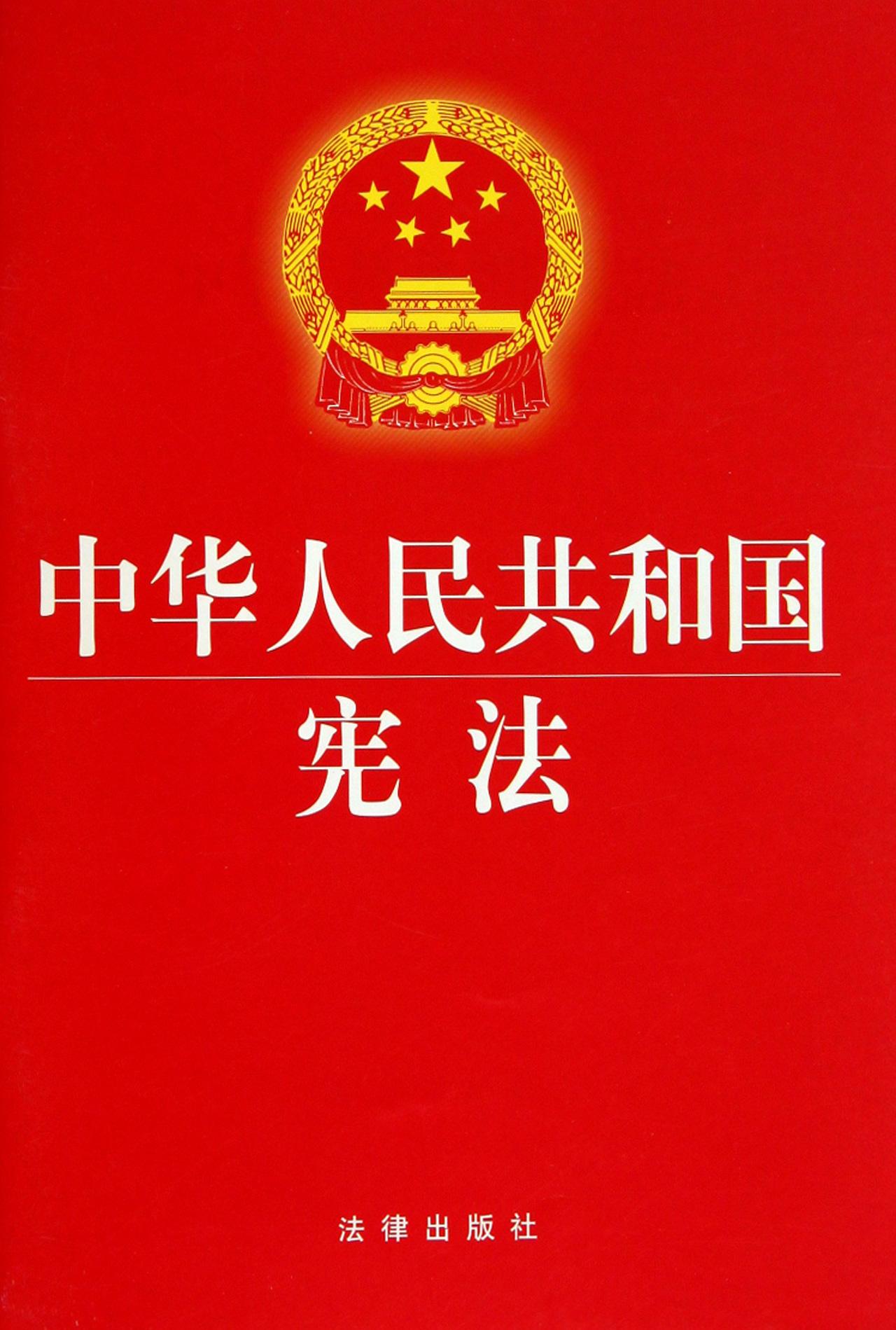
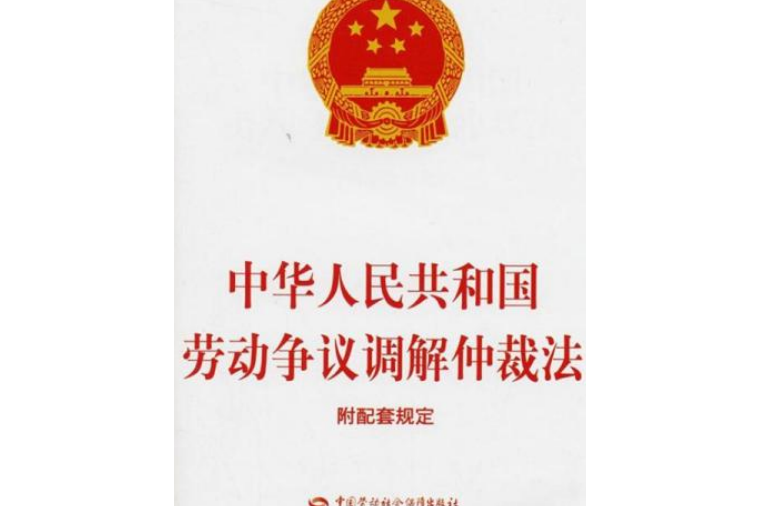
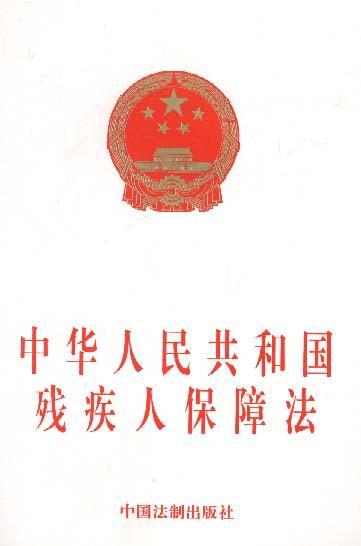
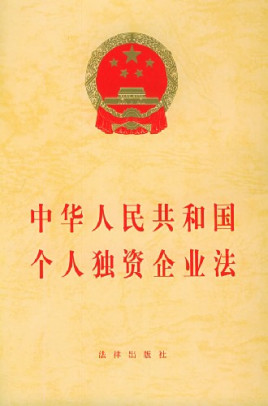
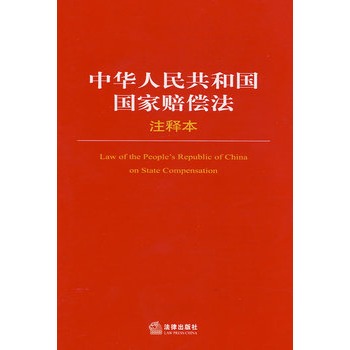
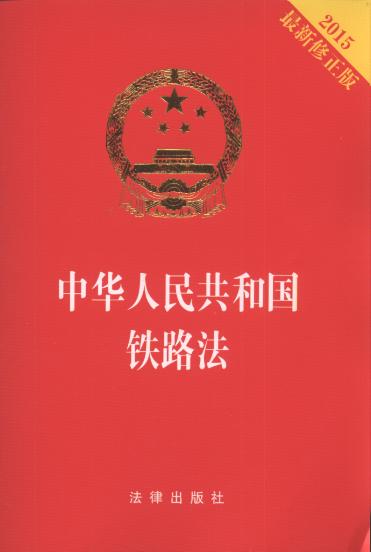
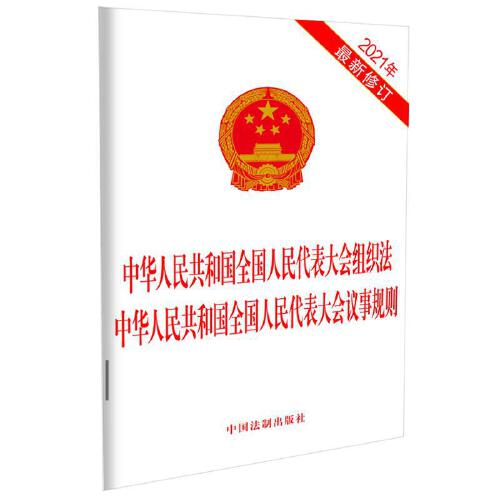


發表評論 取消回複